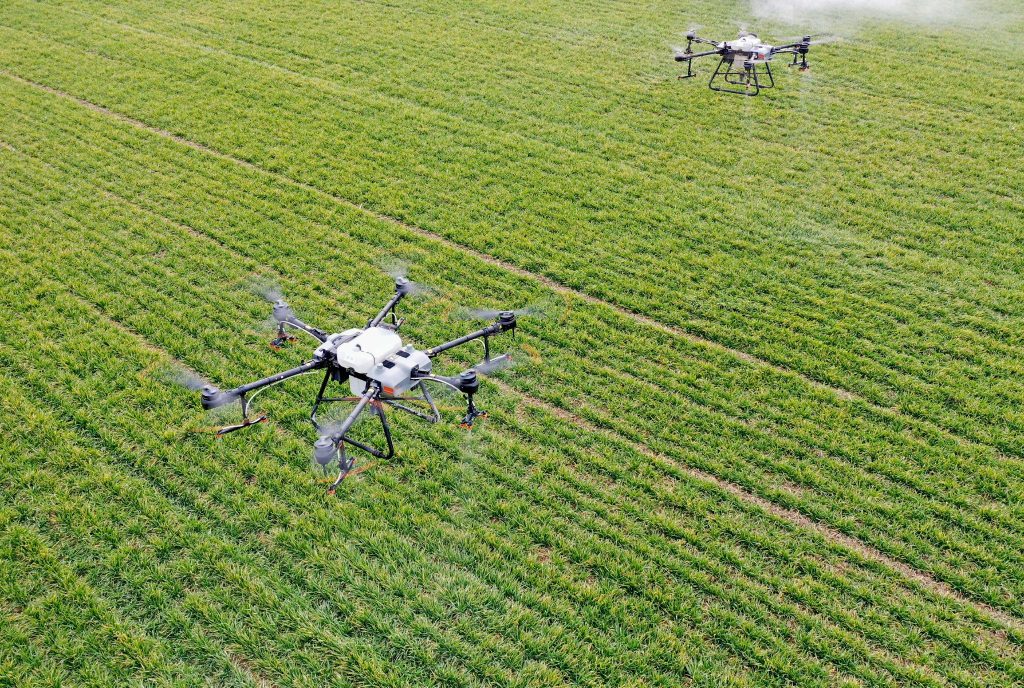As the global population continues to grow, the demand for food production is steadily increasing. To meet this demand sustainably, farmers are turning to innovative technologies such as drones to revolutionize crop protection. In this article, we will explore how drones are shaping the future of agriculture by enhancing crop protection practices.
Drones, equipped with advanced sensors and imaging technology, offer a bird’s-eye view of agricultural fields. They can capture high-resolution images and data that provide valuable insights into crop health, pest infestations, disease outbreaks, and nutrient deficiencies. This data is essential for making informed decisions and optimizing crop protection strategies.
One of the significant advantages of using drones in crop protection is their ability to cover large areas quickly. Unlike manual inspections or ground-based methods, drones can survey extensive fields in a fraction of the time. This efficiency allows farmers to respond promptly to emerging threats, reducing the risk of crop damage and yield loss.
Drones also promote precision in crop protection. With the help of GPS technology and sophisticated software, drones can precisely target areas that require treatment. Whether it’s pesticide application, irrigation adjustments, or nutrient supplementation, drones ensure that resources are used efficiently, reducing waste and environmental impact.
Furthermore, drones are adaptable and versatile. They can be equipped with various payloads, including thermal cameras, multispectral sensors, and even lidar technology. These tools enable drones to detect subtle changes in crop health, such as early signs of stress or disease, that may be imperceptible to the human eye. This early detection allows for proactive intervention and prevents the escalation of problems.
In addition to crop monitoring and treatment, drones contribute to sustainable agriculture by reducing the reliance on chemical inputs. By delivering treatments only where they are needed, drones help minimize the ecological footprint of farming practices, making agriculture more environmentally friendly.
In conclusion, drones are revolutionizing crop protection and shaping the future of agriculture. Their ability to provide timely and accurate data, precise treatment application, and sustainable farming practices positions them as valuable tools for ensuring food security in a world with growing populations. As technology continues to advance, we can expect drones to play an even more significant role in optimizing crop protection and sustainable food production.







Please sign in to comment
register